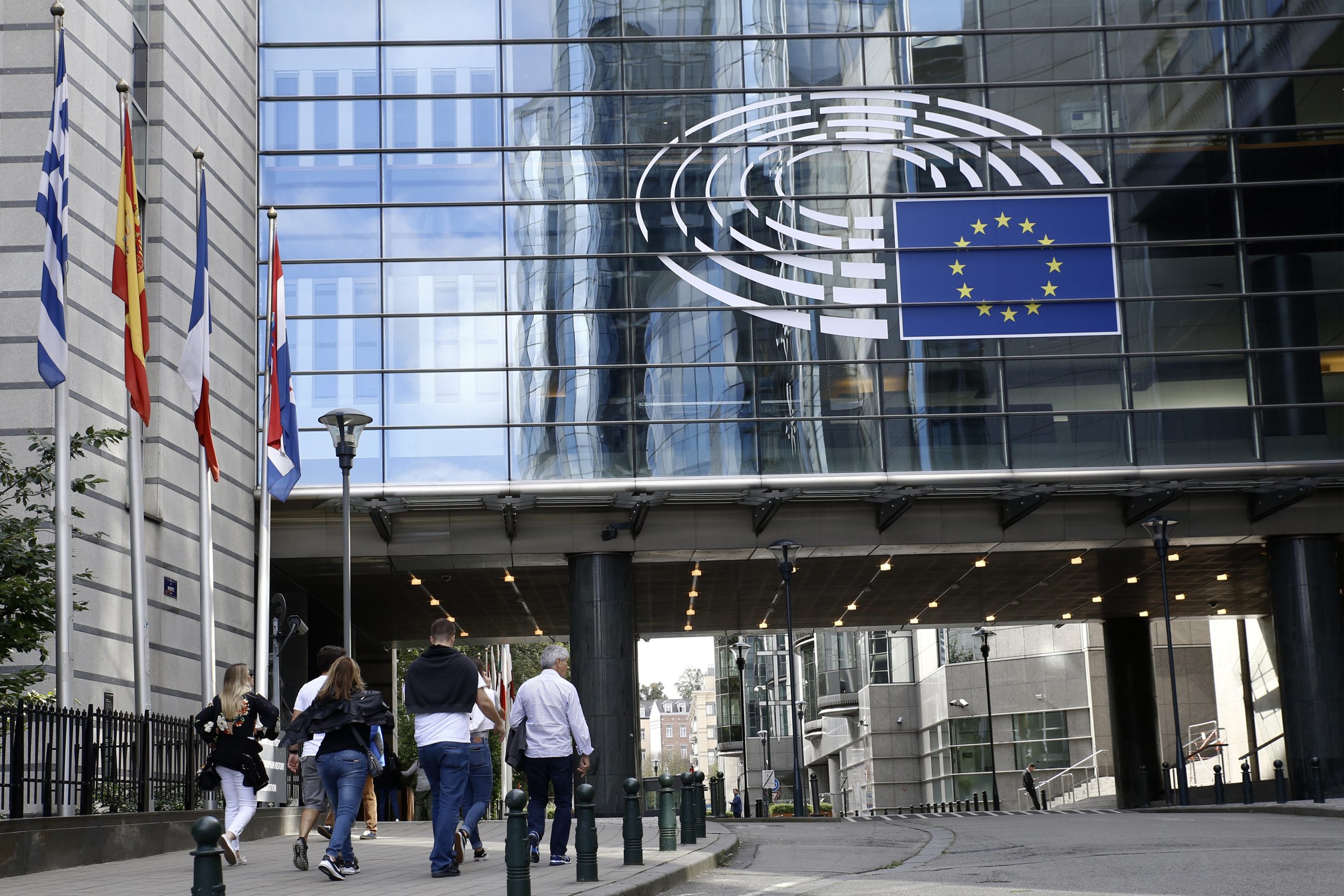
Controlled Democracy? The Idea of Introducing Ad Hoc Legislative Committees
The European Parliament (Parliament) is working on a batch of amendments to the Rules of Procedure of the house, based on the report of the Committee on Constitutional Affairs (AFCO). The proposed amendments under the package named “Parliament 2024” reforms would influence the legislative activity and everyday working of the Parliament. During the presentation and debate of the report in AFCO, the justification for its necessity was improving the Parliament’s “internal working method” and “capacity to act”, essentially arguing for more efficiency.
Efficiency is always important. If decisions are made faster, Parliament can react more quickly to events in the world, legislative procedures can be adopted faster to tackle newly arising challenges like the necessity to regulate new AI instruments to avoid any potential misuses.
The problem is, however, that the goal of “Parliament 2024” is clearly not (only) enhancing the efficiency of the legislative work of the Parliament. Some of the proposals seem to be focused on influencing, maybe even controlling the democratic decision-making processes in the European Parliament.
One example is the parts of the draft giving competence to the Conference of Presidents (CoP) to propose setting up ad hoc temporary legislative committees, with legislative competences, with the goal of these short-lived committees taking over specific legislative files.
In a previous post on this blog, I analyzed that there is a lack of transparency in the decision-making of the Parliament. The public has no chance to scrutinize one of the main political organs of the European Parliament, the one deciding about the most significant procedural steps in the house. It decides which topic can be part of the agenda of plenary meetings, it has a great influence on the life of reports and thus the legislative procedure within the European Parliament.
Considering this, my opinion is that it might be problematic to give the possibility to the CoP to initiate setting up ad hoc committees responsible for specific legislative files. This—rather significant—change in the dynamics between committees within the house would make it possible for a political body to select certain political files specifically due to party-political reasons to be handled in a separate procedure.
The criteria for the possibility of setting up such committees do not seem to form enough guarantees for respecting the principle of democracy and, specifically, the plurality of opinions. Such ad hoc temporary legislative committees can be set up anytime when a matter falls within the competence of more than three committees, without the competence of any committee prevailing. This is a requirement that can be easily met and can be interpreted in many different ways. One of the problems that needs to be tackled is fierce competence fights between the different committees in the first place.
A Parliament is the natural habitat of career-politicians, of people who build on their existence on being able to demonstrate their success and efficiency to the public. For this, a useful tool is drafting reports as rapporteurs, giving them the possibility of communicating to the public through the legislative process and thus gaining more popularity. Through more popularity, they build their brand and they become more and more useful to their parties, gaining more votes. Gaining more votes makes them useful for the presidency of their party to put them on their party list for the next election. The more public attention a report receives the more votes it will gain for the party and the more it builds the brand of the politician. Just imagine legislative files like the ones connected to the Green Deal, the above-mentioned AI Act, or the report regarding regulating universal chargers for cell phones or roaming.
Therefore, the question whether a certain legislative report will be drafted in a committee established specifically for a certain field (like ENVI for issues regarding environmental protection) or in a separate ad hoc temporary legislative committee is crucial. The possibility for the CoP to take away a report from a permanent committee and give it to an ad hoc committee has many consequences. It can be used as a means to exert pressure by a political body on the members of that committee, blackmailing the members by making it clear that if they do not behave in a certain way the report will be given to someone else. It can be a means to limit the participation of certain political opponents in the drafting of the file. It leaves more room for the political groups with more members to form a sort of political alliance and isolate smaller political groups from the drafting and negotiating table. The big dogs can influence the outcome of legislative procedures by controlling who will be able to share their position during the most crucial period of the drafting process.
All of these problems show that the Parliament 2024 reform would weaken the plurality of opinions within the European Parliament, would endanger the freedom of the mandate of the MEPs and would amplify the possibility of the CoP and certain political actors and alliances to influence, or even control legislative processes.
If this reform is adopted, will the Parliament be more efficient? Possibly. Will it be less democratic? Definitely.
Árpád Lapu is a policy adviser on constitutional issues at the European Parliament since 2019 and a PhD student of the Károli Gáspár University of the Reformed Church in Hungary. Between 2017-2019, he worked as an adviser at the Cabinet of the Minister of Justice of Hungary, conducting comparative constitutional analyses. He has earned his JD at the Pázmány Péter Catholic University in Hungary, has a BA in international relations from the University of Szeged and an MA in European and international administration from Andrássy Gyula German Speaking University in Budapest. He has completed an Edx MicroMaster in cooperation with the Catholic University of Louvain (UCLouvain) in international law. His field of research is non-participation in armed conflicts in international law and constitutional norms regarding non-participation in armed conflicts. He has written publications regarding the future of the EU ETS system of the European Union, institutional reform proposals of the Union, and research in the field of social sciences.








